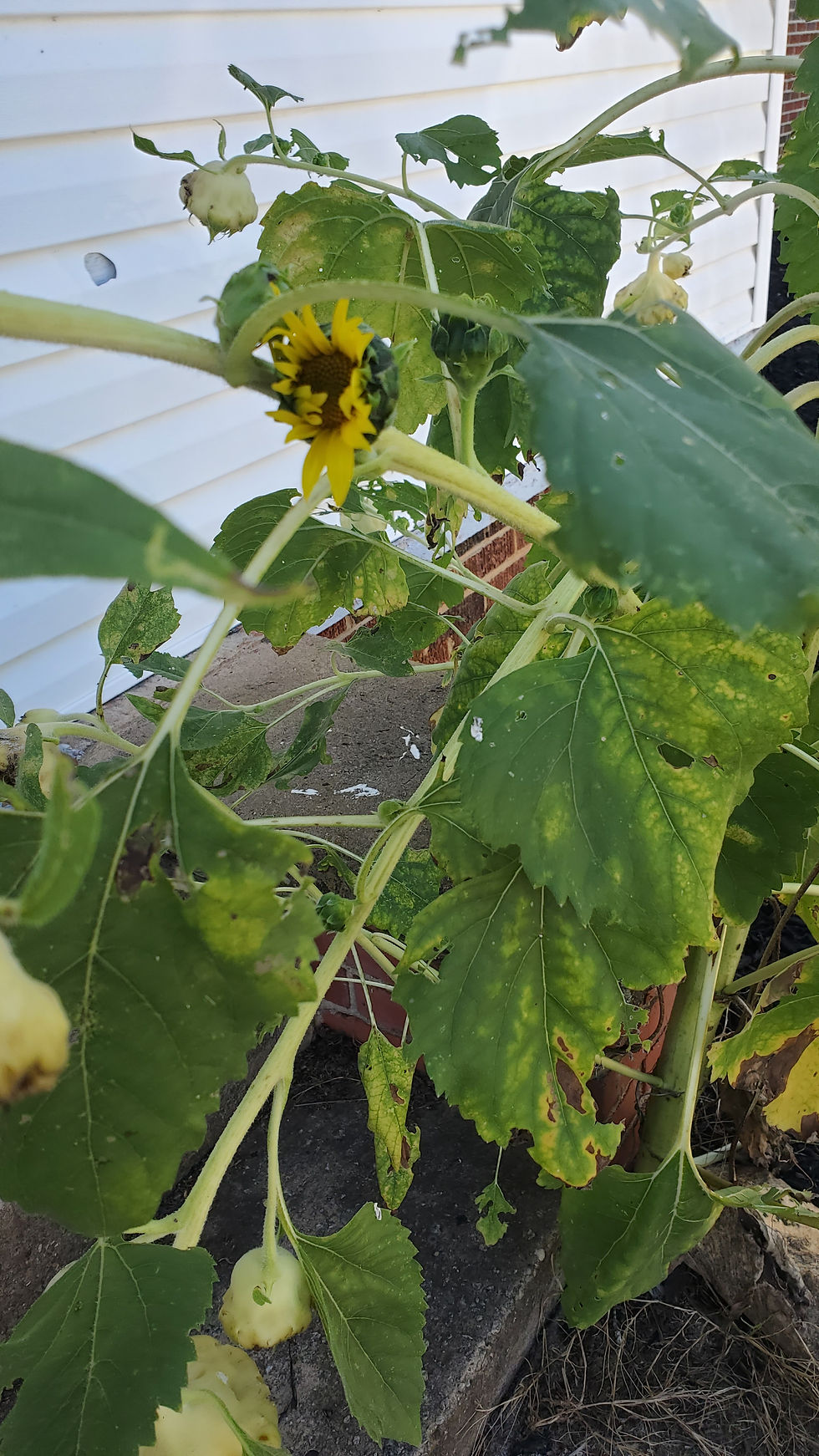Hope
- Scott
- Sep 3, 2018
- 4 min read
If there is anything that is generally absent from a dying church, it’s hope. Hope is a hard word to define I think, except that you know when you have it, and you definitely know when you don’t. You know when a person has hope. In fact, we love to be around hopeful people. We get energy from their energy. We walk away from conversations with them, and we feel a little taller. The sun seems a little brighter. In the company of a hopeful Christian, we are reminded of the supernatural, limitless power of God.
The same is true for churches. You know when a church has hope. You can see it, you can feel it. And you know when a church is hopeless. Our church wasn’t far from hopelessness, if it wasn’t there. And you can identify it pretty easily if you try. Hopelessness in a church can be identified by two things, I think. First, you can identify hopelessness by a total lack of activity. There may be things going on, but they are listless, almost like sleepwalking. They are the things that have always been done, done in the ways they were done, but they are a shell of what they were. The mood, the tone feels sleepy, almost.
The other sign of hopelessness is frenzy. As opposed to the sleepy dying church, the frenzied dying church does an overwhelming amount of things, in the hopes of something sticking to the wall and bringing the church back to life. Usually, these are things that are unrelated, unconnected, and unorganized. As opposed to feeling sleepy, this church feels frantic, like a mother who lost her child in Wal-Mart, and has no clue where to even start looking. The mood is panic. The ship is sinking, but no one seems to know what to do and how to do it.
Our church was more the second than the first. The calendar was bloated. The 11 people that were left in the little congregation worked themselves nearly to death trying desperately to bring the church back to life. I’ve never performed CPR on anyone, but I’ve always heard it is absolutely exhausting to take on the responsibility of breathing and moving the heart of a person who is dying. That is, in many ways, what it was like. Frantic. Hopeless.
So, job number one was not to fix the structure, reorganize, create a mission statement, make a poppin’ new website, gain a social media presence, or any other thing that most of us planter/replanter types are prone to run to first. The first job was to pray for hope. To work for hope. To help instill hope. But it had to be a deep hope. Not some petty hope that one day our church would look like it did in the 80’s again. Not some superficial hope that we could pay the bills again, or that our congregation could someday afford to pay a pastor full-time, or that we might be as big as the big church on the hill in a few years. None of that is the type of hope we needed. We needed something big. Something God-sized. We needed real hope.
Hope that God was enough.
Hope that the Gospel was sufficient.
Hope that God loved our church more than we did.
Hope that joy could be found.
Hope that little old us, in our little rural community, with our handful of people, could make a difference for the Gospel.
Hope.
By God’s grace, our church is a hopeful place now. Yesterday, we rejoiced together as a man, who was at the end of his rope in so many ways, wept as he trusted Christ. We ate together in our little fellowship hall, and there wasn’t a quiet moment. It was beautiful. So much laughter, so many fun stories. Every generation, and every ethnicity in our community was represented in that one dinner. It was amazing. But you know the thing you heard, if you listened closely?
Hope.
How do you even go about doing that? That’s the question, isn’t it? There are a bunch of us who probably went to church services yesterday in hopeless places. We long for that laughter, that fellowship, that joy. How do you even get there? I’m going to be really honest with you here: I’m not sure I know. I do know this, however: I can’t fabricate it. I think that maybe church leaders can be contagious with their hope, but that’s about as good as it gets. I do know, however, that I can’t create hope. Not real, lasting hope. Only God does that, through His Gospel. So, I thought it may be encouraging to you to share, over this post and four more, what I would say that God used most to help instill hope in our little church. I think you can narrow down what brought hope to three things: prayer, preaching, and passion.
In the meantime, I’m praying for you. And your churches. And your families. I don’t think you can live very long without hope. You may be alive, sure. Your heart is beating, your lungs are working. You are going through the same routines you always have. But that’s not really being alive. Not for the Christian. So, let’s hope together. God’s glory will hold up to the wait of our hope.

But nothing else really will.



Comments